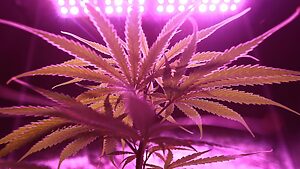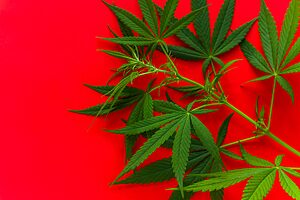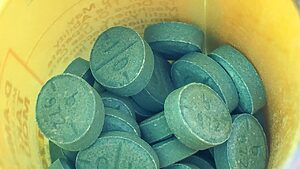Embarking on the journey of addiction recovery is a transformative process that involves replacing harmful habits with positive ones. Learning healthy activities during recovery plays a crucial role in rebuilding physical, emotional, and mental well-being. In this blog, we will explore the importance of incorporating healthy activities into your life during recovery and discover a range of enriching pursuits that promote healing, self-discovery, and lasting sobriety.
The Role of Healthy Activities in Recovery
Addiction recovery is not solely about breaking free from substance use; it’s also about embracing a fulfilling and balanced lifestyle. Healthy activities serve as powerful tools in recovery by providing alternative outlets for stress, emotions, and self-expression. Engaging in positive pursuits empowers individuals to reclaim their identities, rebuild self-esteem, and foster a sense of purpose beyond addiction.
Physical Activities for Healing
Physical activities play a significant role in promoting physical and mental well-being during recovery. Activities such as yoga, jogging, swimming, or cycling release endorphins, reducing stress and anxiety while boosting mood. Regular exercise also improves sleep patterns, enhances overall health, and helps individuals reconnect with their bodies in a positive and nurturing way.
Creative Outlets for Self-Expression
Exploring creative outlets can be cathartic and empowering in recovery. Whether through painting, writing, music, or crafts, creative activities offer a healthy way to express emotions, process past experiences, and nurture self-awareness. Engaging in these activities allows individuals to rediscover their passions and talents, instilling a sense of accomplishment and fulfillment.
Mindfulness and Meditation
Practicing mindfulness and meditation cultivates self-awareness and presence in the moment. These activities teach individuals to observe their thoughts and feelings without judgment, allowing them to better manage cravings, triggers, and stress. Regular mindfulness practices enhance emotional regulation, reducing the desire to turn to substances for coping.
Support Group Involvement
Joining support groups is an essential aspect of recovery, providing a sense of belonging and camaraderie. These groups offer a safe space to share experiences, challenges, and victories with others who understand the journey to sobriety. Engaging in group activities fosters connections and reinforces the commitment to healing and recovery.
Educational Pursuits
Taking up educational pursuits not only expands knowledge and skills but also empowers individuals in their recovery journey. Enrolling in courses, attending workshops, or pursuing personal interests can boost self-confidence and open up new possibilities for the future. Learning provides a sense of accomplishment and purpose, fueling motivation to maintain sobriety and achieve personal goals.
Nature Immersion
Spending time in nature has profound therapeutic benefits for individuals in recovery. Nature immersion promotes relaxation, reduces stress, and improves overall well-being. Activities like hiking, camping, or gardening allow individuals to connect with the natural world, fostering a sense of peace and tranquility.
Volunteer and Community Service
Giving back to the community through volunteer work can be deeply rewarding and empowering during recovery. Engaging in service activities not only contributes positively to society but also helps individuals develop a sense of gratitude, empathy, and purpose. Being of service to others strengthens one’s commitment to maintaining a healthy, sober lifestyle.
Learning healthy activities during addiction recovery is a transformative process that fosters healing, self-discovery, and personal growth. Engaging in physical activities, creative pursuits, mindfulness practices, and educational endeavors empowers individuals to rebuild their lives beyond addiction. Support group involvement, nature immersion, and community service provide a sense of belonging and purpose, reinforcing the commitment to sobriety. By incorporating these enriching activities into their lives, individuals in recovery can embark on a fulfilling journey of self-improvement, healing, and lasting sobriety.












